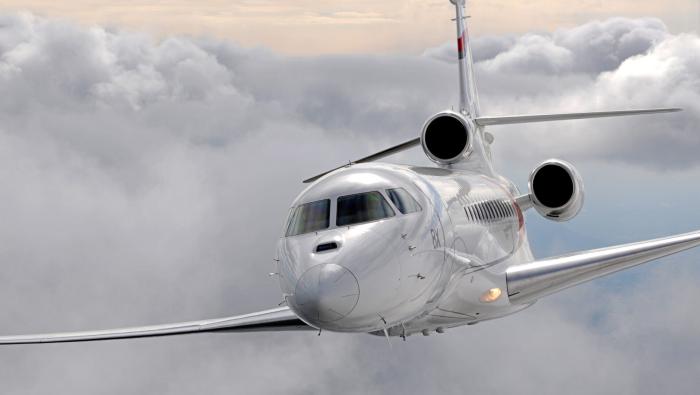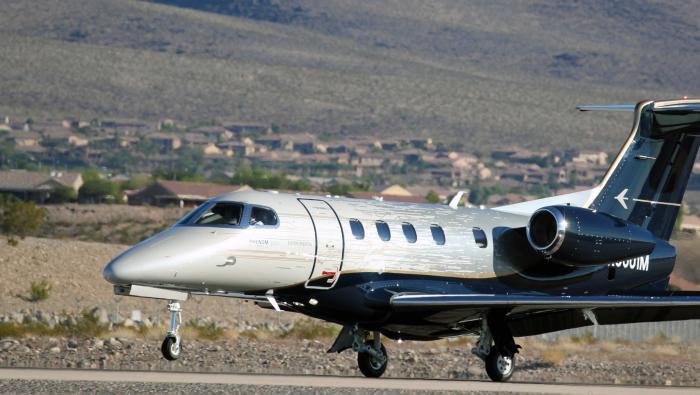Customer support for Airbus A350s flying with initial operator Qatar Airways already has commenced, as the European manufacturer circulates the first service bulletins (SBs). The Gulf carrier has received the first two examples of the new twin-aisle twinjet, while Vietnam Airlines prepares to become the second operator later in this quarter, followed by European launch carrier Finnair in August.
An early A350 SB covers activation of passenger-cabin connectivity services, according to Airbus Customer Services upgrade services vice president Valerie Manning. She declined to confirm how many A350 bulletins Airbus has issued. Type certification rules require manufacturers to support fleets with five or more examples in service, and Airbus issues more than seven SBs per day overall, said Manning, including those for A300 freighters, some of which are almost 40 years old.
Introduction of A350 SBs comes as Airbus confirms intentions to serve as “a major player” in the type’s maintenance market. Services solutions vice president Pierre Reville said that the manufacturer is “close to” establishing its first flight-hour services (FHS) agreement with an unidentified European customer planning a fleet of more than 20 aircraft. A350 customer International Consolidated Airlines Group’s British Airways and Iberia subsidiaries account for 23 machines.
Another candidate—South America's LATAM Airlines Group—holds a firm order for 27 A350s and has scheduled meetings with Airbus Customer Services in Miami this week at the MRO Americas exhibition. LATAM might opt for the manufacturer’s so-called Tailored Support Package, which includes basic FHS provision, plus engineering, maintenance and other technical and consulting services.
The standard FHS deal, available for all Airbus models except the A300 and A310, covers on-demand component exchange, loans, sales and maintenance; integrated material packages; and access to a components pool, on-site stock repair, modification and component engineering. Reville said that given the ever-increasing systems and equipment reliability on the latest aircraft, operators might not want to invest $40 million in spares holdings if they can obtain inventory access for $20 an hour.
Airbus recognizes the potential for increased involvement in customer support, not only as aircraft age but also as the fleet grows. Manning noted that while Airbus salesmen sell one cabin per new aircraft,the upgrade Services team might sell four more as layout requirements change over 25 or more years. In such a period, she reckons that aircraft can also undergo up to eight systems upgrades.
With upgrade work ranging from changing the language on cabin placards through fitting of “sharklet” wingtips to passenger-to-freight conversions (which Airbus performs in Germany), Manning values the retrofit market at up to $2 billion per year. "Operators want their existing fleets to [fly] just like the new ones,” she said.







